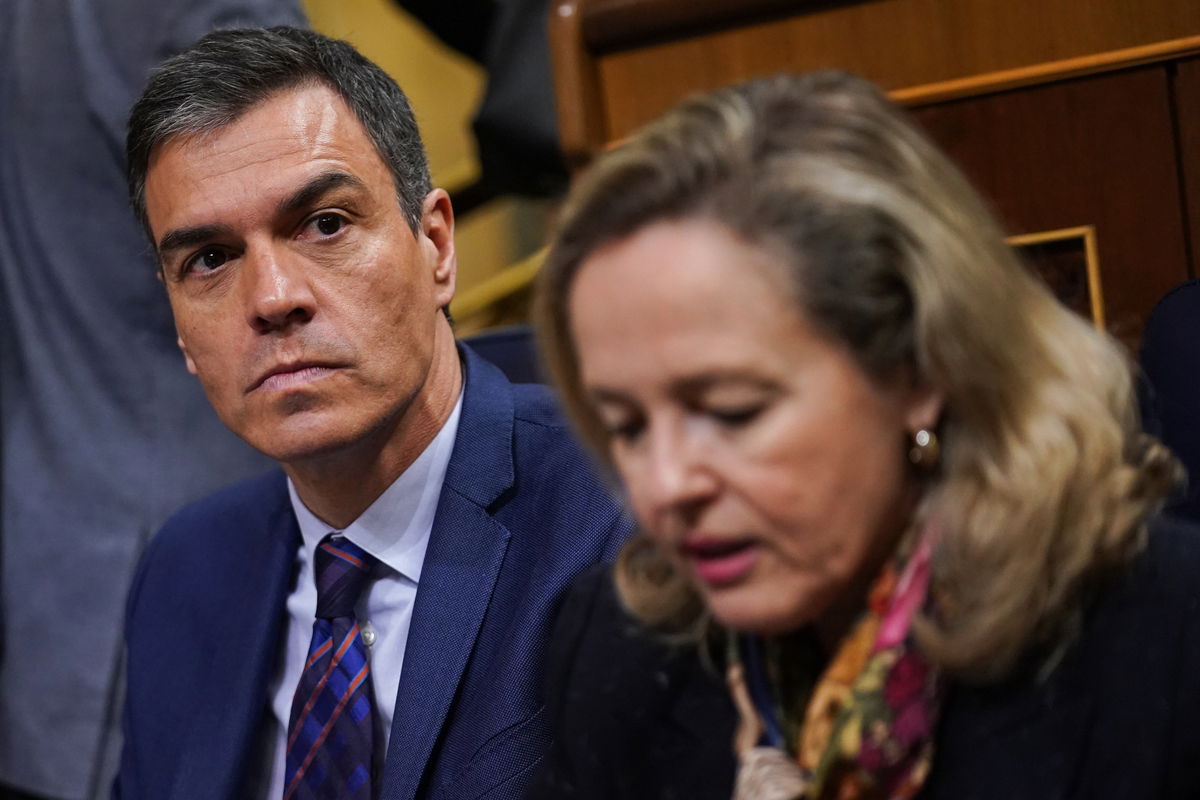Half a century after Spain’s transition to democracy following the death of dictator Francisco Franco in 1975, the nation’s name continues to be tarnished by political corruption scandals.
From the socialist-led Filesa scandal of the 1980s to the conservative People’s Party’s (PP) Gürtel case that toppled Prime Minister Mariano Rajoy in 2018 and now the latest allegations implicating senior figures in Pedro Sánchez’s Spanish Socialist Workers’ Party (PSOE), corruption remains a persistent grubby mark on Spain’s political landscape. Why, despite promises of reform and public outrage, despite the shame felt by its citizens, does this problem keep on repeating itself?
The most recent scandal to rock Sánchez’s government, and the reason his tenure looks more fragile than ever, involves allegations of kickbacks from companies with government contracts, with some implicated business figures tied to the same corruption networks that brought down Rajoy.
Spanish corruption scandals – everyone took to the streets
The Indignados movement, also known as the 15-M Movement, sought to change that. It was a grassroots protest wave that began on May 15, 2011, in Spain, provoked by public outrage over political corruption, economic inequality, and austerity measures following the 2008 financial crisis. It was said to be the impetus that inspired Occupy Wall Street.
The movement, which offered hope was provoked by scandals like Filesa and Gürtel, and exposed systemic corruption in the PSOE and PP parties. It was also fuelled by soaring unemployment and democratic deficits, leading to thousands meeting day after day in Madrid’s Puerta del Sol and other city centres, setting up encampments to demand transparency, accountability, and participatory democracy. Groups like Democracia Real YA! who originally called for the sit-in, united diverse a public from all walks of life with slogans like “No nos representan” (“They don’t represent us”), significantly influencing sentiment towards Spanish politics by opening the door to new parties like Podemos and Ciudadanos and highlighting the need for serious structural reforms. But Democracia Real YA! were quickly usurped by a plethora of other groups, and almost 15 years later, the country is back at square one.
Political corruption investigation reveals sex workers
With the latest scandals, leaked audio recordings have further tarnished the PSOE’s image, revealing crude remarks about women and sex workers, exposing not only financial misconduct but also a troubling culture of misogyny. Sánchez has attempted to distance himself from those being investigated, dismissing close allies like former minister José Luis Ábalos and PSOE party heavyweight Santos Cerdán, both of whom deny wrongdoing. The prime minister has apologised and is said to have launched an internal investigation and insisted the issue is not systemic. Yet, public trust is eroding, compounded by separate investigations into Sánchez’s wife and brother.
This is not a new story. The Gürtel case, one of Spain’s largest corruption scandals, exposed a vast kickbacks-for-contracts network within PP (currently Spain’s opposition party), leading to high-profile convictions, including a 33-year sentence for former treasurer Luis Bárcenas and a 51-year sentence for businessman Francisco Correa. The scandal ended Rajoy’s government via a no-confidence vote led by Sánchez, who promised “democratic renewal” and higher ethical standards in 2018.
Similarly, the ERE scandal in Andalusia saw €680 million in public funds misappropriated under PSOE governance, resulting in convictions of senior figures like former regional president José Antonio Griñán. The Nóos case, implicating the former king’s son-in-law Iñaki Urdangarin, further damaged public faith by entangling the monarchy in embezzlement and fraud.
Serious lack of oversight opens door to corruption scandals
So why does corruption persist? Pundits blame systemic weaknesses in Spain’s political and institutional setup. “Part of the answer lies in the lack of strong rules and independent oversight to hold politicians and public officials accountable,” said one recent analysis. Parliamentary oversight is insufficient, transparency standards are low, and fines against complicit organisations are often insufficient. Oversight bodies and even judges are frequently politicised or underfunded, lacking any real teeth to enforce accountability. Ethical codes are vague or unenforced, and Spain still lacks a basic register of lobbyists to regulate influence peddling.
The Council of Europe’s anti-corruption watchdog, Greco, recently criticised Spain’s slow progress on reforms, such as tougher oversight of “revolving doors” between politics and business and stricter party financing rules. Miriam González Durántez, founder of the civic group España Mejor, proposed a draft ethics code to 400 public institutions, but not one has pledged to adopt it. Meanwhile, Civio, a transparency-focused news outlet, is suing the government for refusing to disclose political advisers’ names, highlighting ongoing opacity.
The disillusionment is palpable in Spain with a seemingly endless repeat of the phrases “they’re all the same”. Surveys, including the Reuters Institute 2025 Digital News Report, show 57 per cent of Spaniards view politicians as the main source of disinformation, far above the global average.
Political parties and politicians rank among the least trusted institutions, leading to a feeling of helplessness and boosting populist newcomer parties like Vox. “Corruption undermines faith in the rule of law and destroys trust in institutions,” Sánchez himself said in 2018, yet his government has failed to deliver promised reforms, such as strengthening the independence of Spain’s public broadcaster or establishing stronger, more public oversight bodies.
The question that still repeats itself like always is whether this is a case of a few “rotten apples”, as Sánchez would have you believe, or evidence of deeper systemic decay. For a disillusioned public, the distinction may no longer matter. Spain needs more than resignations or apologies. It requires structural reformation: independent oversight, tighter party finance rules, effective enforcement, and a cultural shift toward accountability and transparency. Without these, the cycle of scandals, from Gürtel to the current PSOE allegations, will continue untethered.
